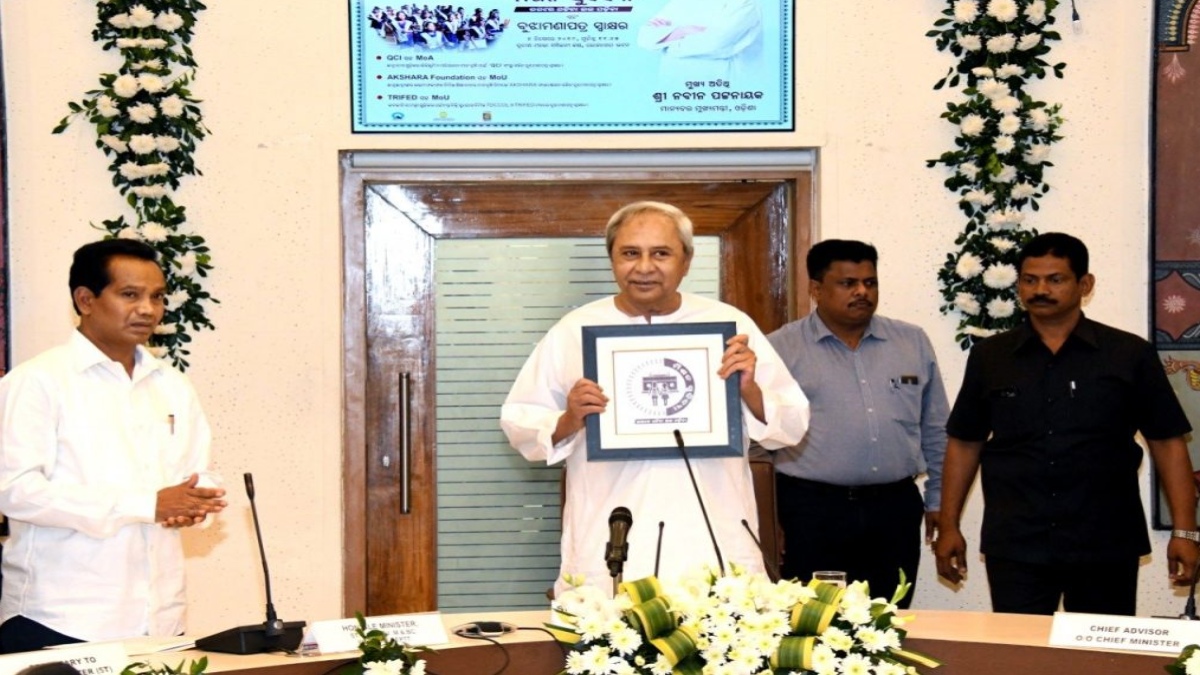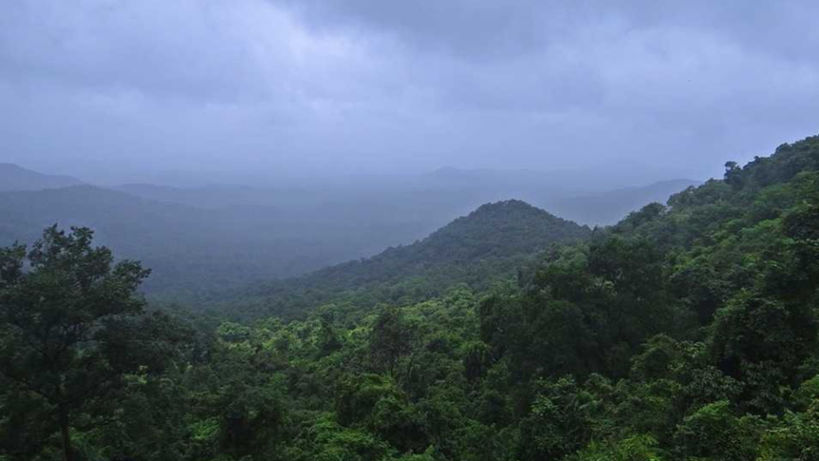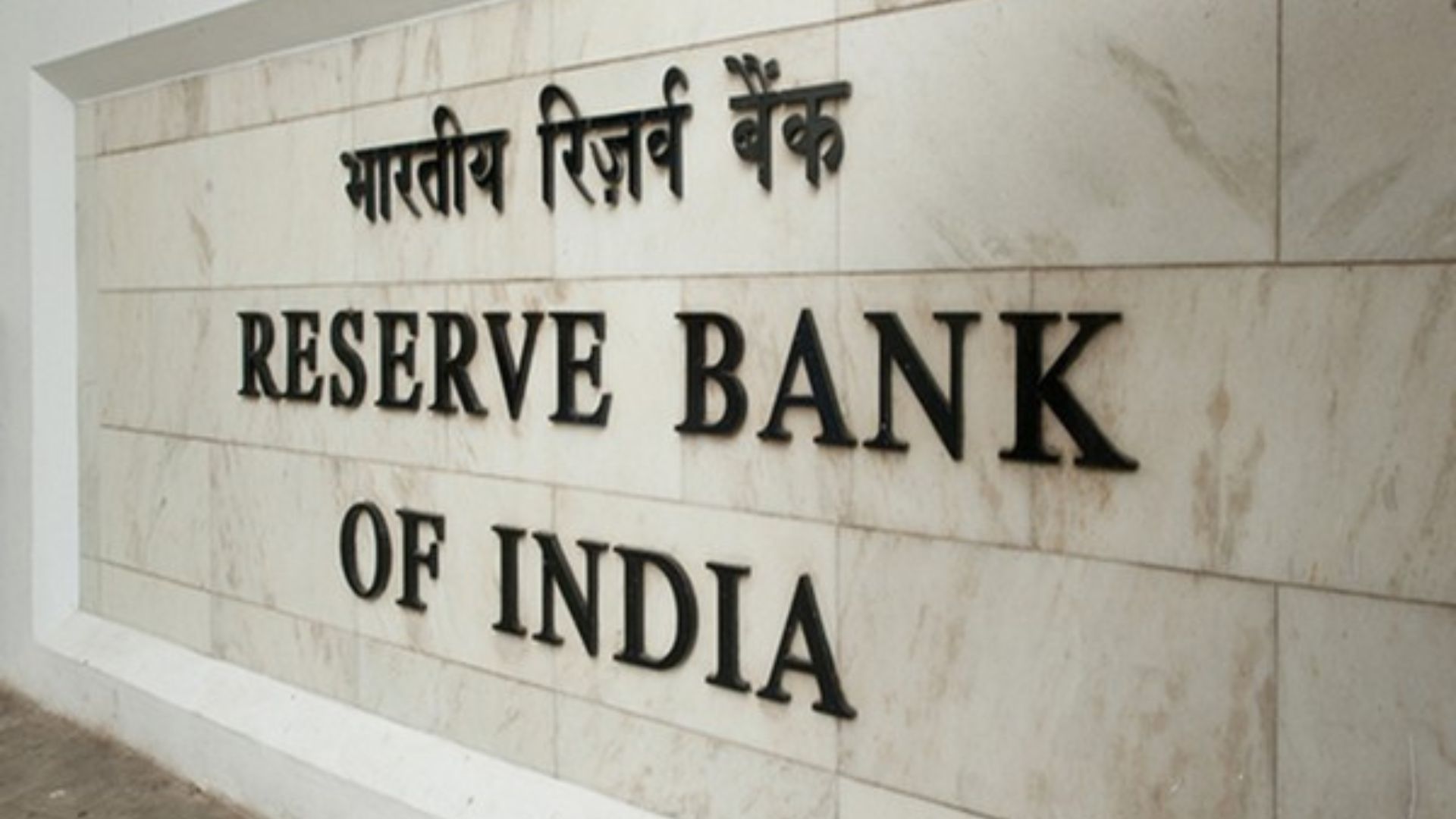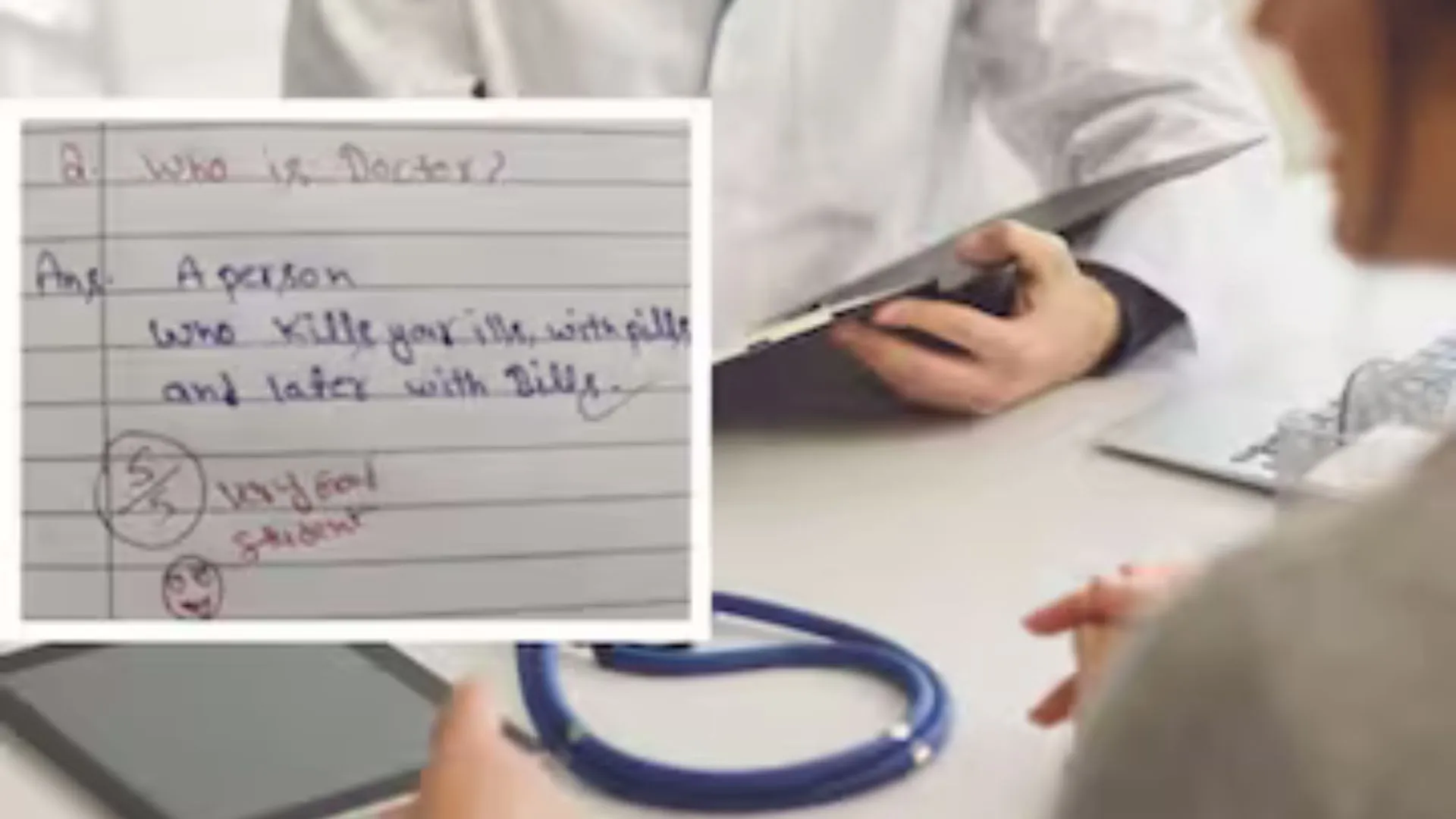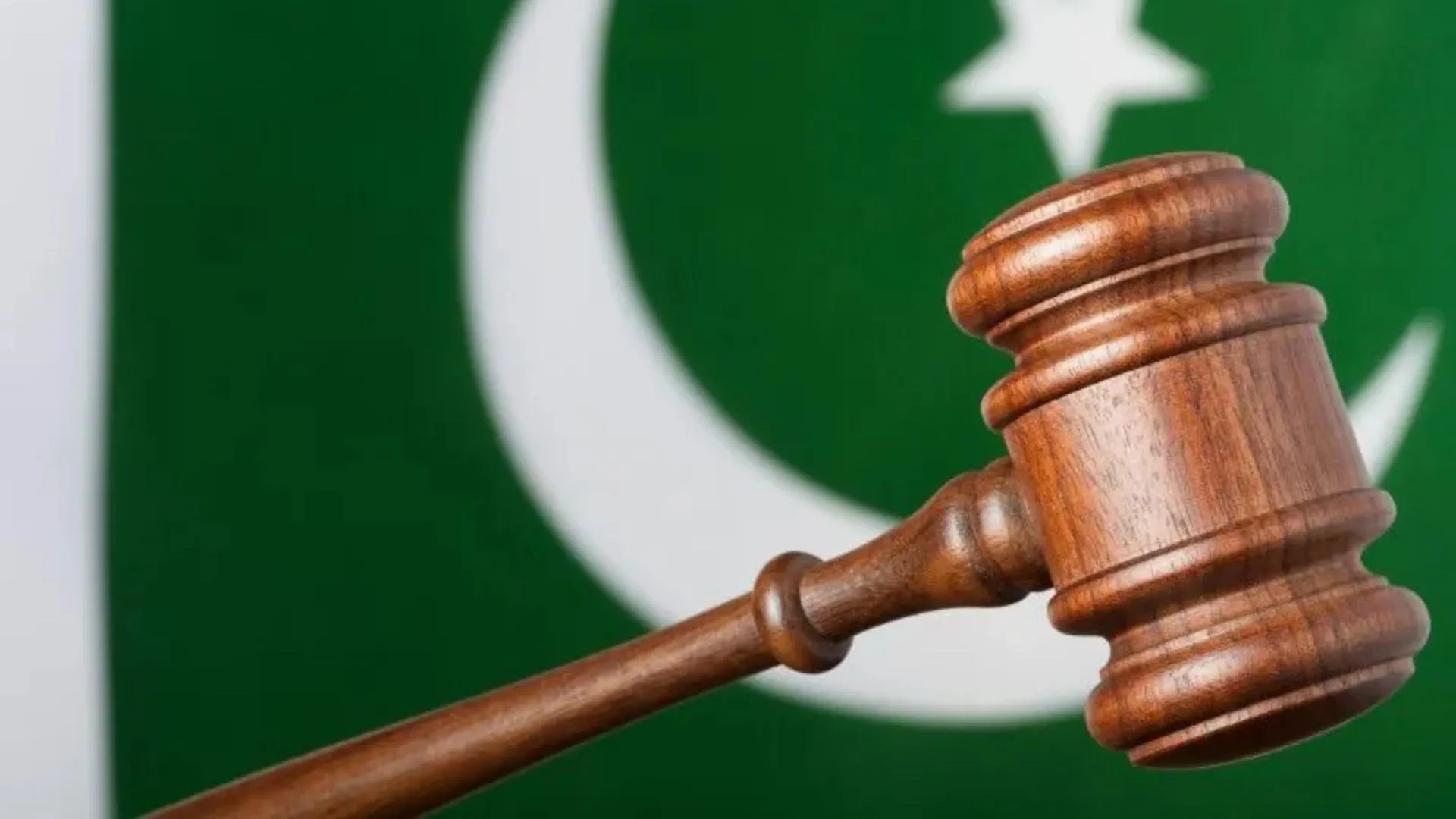In my recently released book, “Ethical Dilemmas of a Civil Servant”, I point out that when I was posted as Secretary, School Education Government of India in 2016, “I was the most ‘uneducated’ person to handle this sector” for want of experience in this field. Word soon went around about my ‘illiteracy’. Hence, there were those quintessential advisors who trooped in to advise me. The advice primarily was to learn from Finland, England, Holland, Scotland, New Zealand and all the lands of the world but I chose to go around ‘Motherland’ to understand the problems that afflicted school education and to look for solutions. One such visit was to the interior areas of Karnataka where I ‘discovered’ one of the many solutions to poor quality of school education and an organization that was making-it-happen despite all the problems. It was truly inspiring to say the least.
Akshara Foundation was established as a Public Charitable Trust in March, 2000. It was founded on the belief that quality education is the undeniable right of every child. A tripartite partnership between the government, the private sector and the voluntary sector was conceived
Bangalore was on the cusp of becoming the next Silicon Valley as Y2K rolled in. However, the irony was that enrollment in government schools had dropped drastically. This was a serious cause for concern. It could spiral out of control. Hence, there was something to be required to be done. It was then that the Karnataka State Education Department took the initiative to rope in the corporate sector to tackle this problem. Critical role was played by Upendra Tripathy, an IAS officer (the then Commissioner for Public Instruction) in the creation and evolution of this unique Public-Private Partnership (He was the Settlor of the Trust) with participation and investment from the Corporate Sector, the Karnataka State Government, and the local donor community in Bangalore. More recently, it was Ajay Seth, State Education Secretary and one of the finest IAS officers who helped this model scale.
Akshara has developed its own individual identity, credibility and vision over the years. In 2003-04, Ashok Kamath, a very successful corporate professional, decided to leave it all behind and give back to society. He joined Akshara as the Manging Trustee and became the Chairman in 2008, after Rohini Nilekani his predecessor. Akshara has gone from strength to strength under his able leadership.
Since its inception in 2000, Akshara has run multiple programmes (Akshara Ganitha for Math; Swalpa English Thumba Fun for English language; Prepare Not Repair for Preschool Education; The Classroom Library) that are designed to be comprehensive, scalable, replicable and cost-effective. The Foundation has always believed that for a programme to be successful, it must be scalable. And all efforts have always been designed with this in mind.
After three years of evaluation, the unambiguous success of the Akshara Ganitha programme resulted in it being adopted by the Karnataka State Government as the in-class programme for mathematics for grades 4-5. Phase 1 in the scaling up saw it being implemented in the six districts of the Kalyana Karnataka Region (formerly Hyderabad Karnataka Region – about 7,600 schools). This was quickly followed by adding an additional six districts, and, now every government primary school in every district in Karnataka uses this programme which has been christened Ganitha Kalika Andolana (GKA). In 2017-18, officers of Odisha Government, led by visionary Education Secretary, Ranjana Chopra saw this programme in action in Bangalore and wanted to replicate it in Odisha. Within a short span, the programme has scaled to cover all schools in two districts and from 2020-21 the infrastructure in the form of kits and teacher training has been created to extend this to all schools in Odisha. In 2018, Andhra Pradesh replicated this programme as Ganitha Mitra and this is now implemented across 5,500 schools in Andhra Pradesh. The programme now impacts over 4 million children across the three states.
Across three states, the government has been the anchor for GKA with consistent and strong support from Akshara Foundation and the local communities. The three state governments have also invested significant amounts in procuring teaching / learning material (TLM) kits (the procurement was done through a competitive bidding/ tendering process – it is also essential to note that Akshara does not sell any kits to anyone – they encourage smaller companies to build quality product), teacher training, etc. Several companies have supported Akshara to manage this activity by having field support across the districts and to continuously innovate and come up with better solutions that can be quickly adopted into the GKA model.
Since 2017, Akshara has been making investments in creating digital versions of its classroom products. The design for this was specifically targeted to low-end Android phones, did not depend on continuous Internet connections and was linked to the National Curriculum Framework. Moreover, this was a FREE product and available in nine languages. This is Building Blocks – and over the past couple of years, there have been nearly half a million downloads and since each download can support up to six children (using an avatar concept), potentially this has reached to over a million children. In 2019, Building Blocks was unbundled and made available as individual “gamelets” on state Diksha platforms and linked to energized textbooks using QR codes.
The Covid-19 pandemic has impacted multiple facets of education, especially in government schools. There is a fear that once the schools reopen, the gains of universal enrolment through the Right to Education Act will be lost as an estimated 8-22% of children may dropout due to poverty and displacements.
Governments are faced with the double challenge of a) physical training of teachers where social distancing will be an issue and b) keeping children engaged and learning with schools likely to remain closed until the situation gets better.
However, at Akshara this was seen as an opportunity for a better tomorrow. There is one important feature that has been absent or at the most, very low key in the government school front – Digital Infrastructure. Much of India’s ‘ed tech’ sector has been restricted to innovations for urban schools with fee paying capacity and irrelevant for state run schools with basic infrastructure challenges. These infrastructure problems need unique disruptions and not just incremental efforts to make them affordable and accessible to children studying in government schools.
With the uncertainty of reopening of Government schools, this year Akshara has shifted focus from classroom based intervention to technology-based support for teachers and children.
Ashok Kamath and his committed team at Akshara have demonstrated that, irrespective of set of circumstances, they could make-it-happen. They could do it because of their vision, positive outlook, belief in themselves, meticulous planning, never-say-die spirit and by leveraging public-private partnership.
Anil Swarup has served as the head of the Project Monitoring Group, which is currently under the Prime Minister’s Offic. He has also served as Secretary, Ministry of Coal and Secretary, Ministry of School Education.

